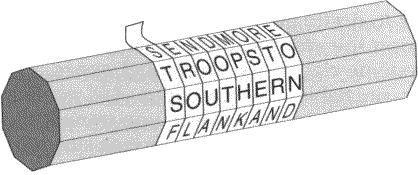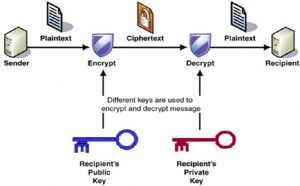


4 Both cases had compulsion: the government sought judicial authorization to force Fricosu (through an order under the All Writs Act) and Doe (first through a grand jury subpoena, and later contempt of court when he refused to comply with the subpoena), to decrypt the contents of computers seized by the government pursuant to a search warrant. The Fifth Amendment protects a person from being "compelled in any criminal case to be a witness against himself." To be protected by the Fifth Amendment, a person needs to show three things: (1) compulsion (2) incrimination and (3) a testimonial communication or act. 3 So how can these two cases be reconciled? To understand, it's important to take a close look at not only the facts of each case, but also the law regarding the Fifth Amendment.ĭecryption May Be "Testimonial" Under the Fifth Amendment 2 But the 11th Circuit Court of Appeals in Atlanta ruled (PDF) that the 5th Amendment prevented the government from forcing a suspect in a child pornography investigation to decrypt the contents of several computers and drives seized by law enforcement. 1 A district court judge in Colorado ruled (PDF) that Ramona Fricosu could be forced to decrypt information on a computer seized by law enforcement in connection with a mortgage fraud case.

We wrote amicus briefs (PDF) in each case arguing the Fifth Amendment did prevent forced decryption when that act would incriminate a witness. And while our arguments were similar in both courts, the results were different. In the last two months, two different federal courts have ruled on whether the Fifth Amendment's right against self-incrimination applies to the act of decrypting the contents of a computer.


 0 kommentar(er)
0 kommentar(er)
